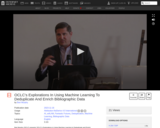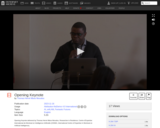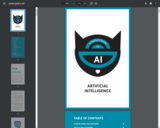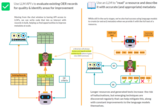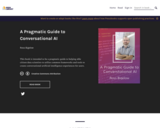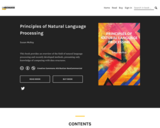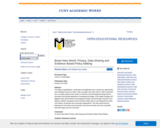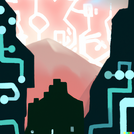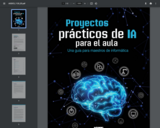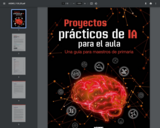
This resource is a video abstract of a research paper created by Research Square on behalf of its authors. It provides a synopsis that's easy to understand, and can be used to introduce the topics it covers to students, researchers, and the general public. The video's transcript is also provided in full, with a portion provided below for preview:
"High-performance noise-canceling technology is literally music to our ears. It helps deliver the booming bass lines and crisp melodies as intended by the studio creatives that dream them up. But it could potentially save lives as well. Researchers from Northern Illinois University have designed new tech that blocks harmful noise from entering infant incubators. That technology could prove critical to the health of the countless fragile newborns admitted to neonatal intensive care units each year. Infants in neonatal intensive care units, or NICUs, are extremely sensitive to their surroundings. Numerous studies have shown that high-intensity noise can alter vital signs such as heart rate, respiratory rate, and blood pressure. While noise reduction programs have targeted staff behavior and recommended minor structural modifications, the NICU environment remains less than ideal. For the research team from Northern Illinois, that situation calls for a hard-wired solution..."
The rest of the transcript, along with a link to the research itself, is available on the resource itself.
- Subject:
- Applied Science
- Computer Science
- Material Type:
- Diagram/Illustration
- Reading
- Provider:
- Research Square
- Provider Set:
- Video Bytes
- Date Added:
- 09/20/2019
